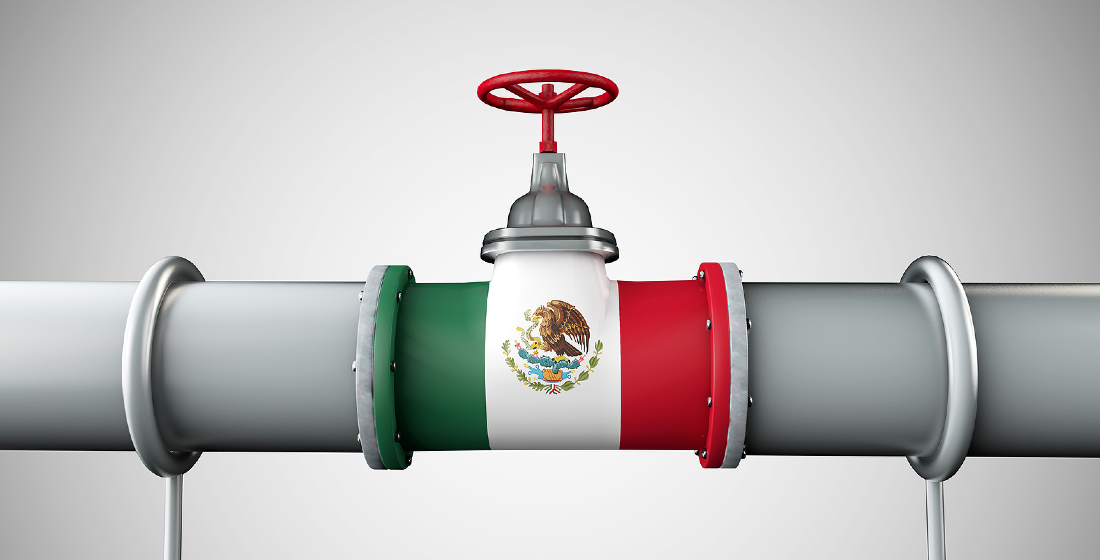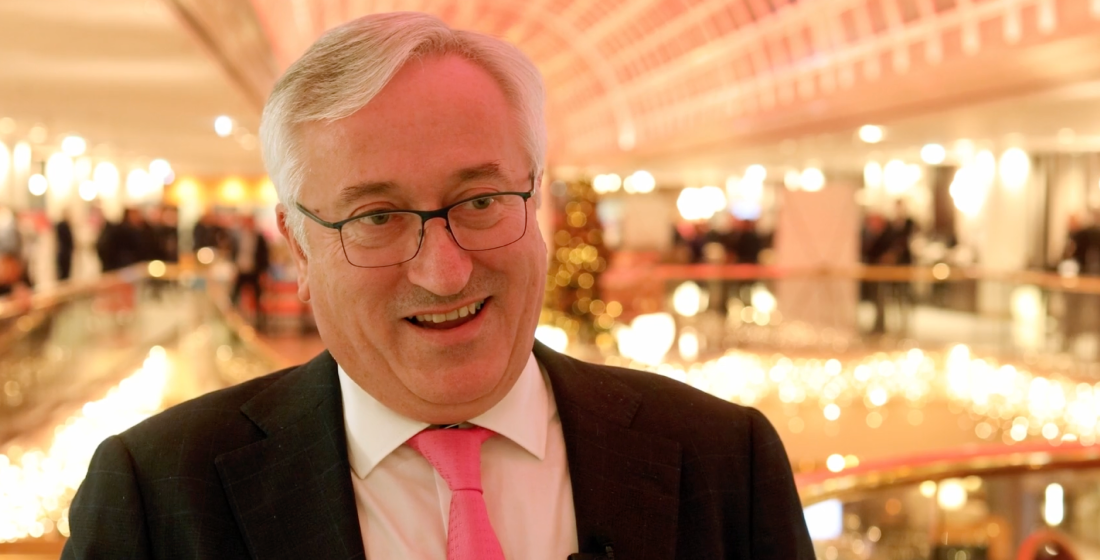Is Mexico about to turn the private sector project pipeline on again?
With President Andres Manuel Lopez Obrador (AMLO) set to depart office in June, private sector appetite for Mexican projects is already beginning to make a comeback.

Although still very popular with Mexico’s electorate, President, Andres Manuel Lopez Obrador (AMLO), is unlikely to be missed by private sector project developers and lenders when he departs office in June this year.
AMLO cannot stand for re-election and his departure is expected to end, or at the very least weaken, Mexico’s policy since 2018 of strengthening the market grip of state-owned power and energy companies at the expense of private investors, particularly in the renewables sector.
Even the beneficiaries of AMLO’s energy policies have not come off well. Mexico’s state power company Comision Federal de Electricidad (CFE) used a MIGA guarantee last year for a hydro portfolio financing. The deal was hailed as an innovation by CFE, but arguably the recourse to a MIGA policy puts Mexico in a club of jurisdictions that developers and lenders thought it had left behind 20 years ago.
Despite the political dogmatism, pragmatism has occasionally won out. In September 2023 Proman finally announced financial close on its $1.5 billion 2,220 MT/day anhydrous ammonia project in Topolobampo – albeit three years after the deal signed in 2020. The $860 million Euler Hermes covered financing was provided by a combination of DFIs and commercial banks. The deal was seven years in the making and only got eventual backing from AMLO because the Ukraine war has left Mexico’s agricultural sector starved of fertilisers.
But Proman is not alone in getting private sector projects underway again in Mexico. Transition Industries, with backing from IFC, is also expected to start construction this year on its $2.2 billion Pacifico Mexinol scheme. The project will produce green methane from captured carbon, and green hydrogen and blue methanol from natural gas with carbon capture.
Terminal Quimica Puerto Mexico (TQPM) – a joint venture between Braskem Idesa and Advario – also signed on the project debt for its ethane storage project in Veracruz in late October 2023.
TQPM will supply ethane feedstock to Braskem Idesa’s petrochemical complex. Braskem Idesa has a cracker integrated with three PE plants (two high density PE and one low density PE) with a total annual PE production capacity of 1,050 kton. TQPM will allow Braskem Idesa to operate at its full potential and is a strategic investment as it supplements Braskem Idesa’s current domestic ethane supply with a reliable, sustainable and cost-competitive source of ethane from the US.
The project is underpinned by two 20-year agreements with Braskem Idesa: a storage services agreement covering the offloading, storage, and reheating of the ethane received at the jetty for a storage capacity of 54,000 tons; and a transportation services agreement for transporting the ethane to Braskem Idesa’s petrochemical complex with a transportation capacity of 4,560 metric tons per day.
The $550 million TQPM project is expected to be completed by the end of 2024. The five-year debt for the scheme comprises a $408 million construction term loan and a $32 million debt service L/C facility. The lenders are ING Capital, ING Bank, KfW IPEX-Bank, Credit Agricole, Banco Inbursa, DEG and Mizuho.
The TXF perspective
All these deals are symptomatic of the fact that private sector project appetite for Mexico has not died under AMLO – it has just been largely dormant. The June 2 vote is expected to deliver a more private sector-friendly government. Both front-runners to replace AMLO – Claudia Sheinbaum and Xochitl Galvez – have called for opening up to more private sector investment, albeit Sheinbaum, who is a member of the ruling leftist party, continues to push the AMLO line of state-owned companies taking the lead on power, energy and renewables.
Whoever wins in June, private sector infrastructure investors, developers and lenders can expect more opportunity in Mexico for the next six years – particularly in renewables where demand for renewable feedstock and power from industries that relocate to Mexico is only set to climb given the growing sustainability awareness of shareholders in multinational corporations. For example, in December HDF Energy announced plans to invest $2.5 billion to build seven green hydrogen plants in Mexico, to be funded using a combination of project finance and cash flow. The hydrogen produced will be used for electricity generation and certain industrial activities. If HDF was not certain it could find offtakers, it would probably have kept its plans to itself.





